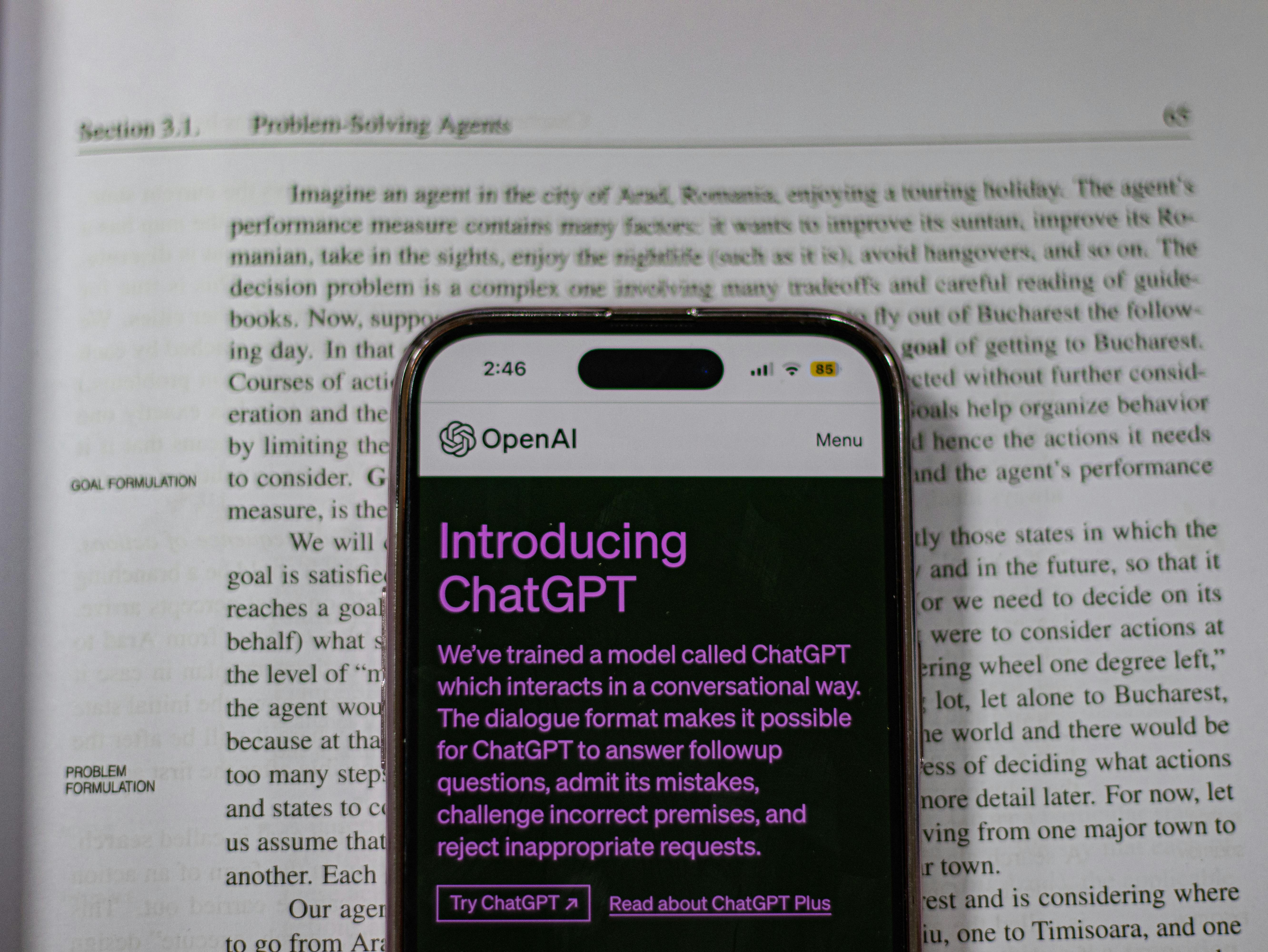
Introduction
In an age where generative AI is reshaping the digital landscape, the dynamics of content ownership and traffic generation are undergoing significant changes. Companies like Cloudflare are stepping up to address these shifts, marking a pivotal moment in the online ecosystem. This blog post explores the implications of Cloudflare’s recent policy changes designed to block AI Crawler, how they affect content creators, and what the future may hold for digital publishing.
A Broken Agreement in the New Era Online
For decades, the Internet operated on the unwritten agreement where publishers provided free material while search engines directed traffic to them. However, the emergence of generative AI tools has disrupted this balance. These AI systems scrape extensive amounts of content without the necessary consent or attribution. Consequently, they generate insights and outputs using this data, without directing any traffic back to the original sources.
The CEO of Cloudflare emphasizes this imbalance, stating, “AI-operated web content does not reward creators like traditional discovery through search engines.” Statistics reveal that traffic referral from AI models, like those from OpenAI, is significantly harder to achieve than traditional search engines, indicating a shift that disfavors content creators.
Active Security | Opt-Out to Sign Up
Cloudflare’s new policy introduces a shift in power dynamics. Instead of merely relying on sites to block crawlers via a simple Robots.txt file, Cloudflare now actively blocks AI bots unless companies explicitly request access to their data. This marks a fundamental change: AI companies must now ask for permission before using the content. This not only protects publishers but also opens pathways for licensing agreements and new financial models in digital publishing.
The idea of ‘active protection’ provided by Cloudflare reflects a transformation from prior norms, fostering an environment where consent and licensing take precedence over unrestricted data scraping. This introduces an era where financial compensation becomes a possibility for content creators whose work is leveraged by AI technologies.
Big Name Backing
Major media conglomerates and platforms are rallying behind Cloudflare’s decision to bolster protections against data scraping. Key players, including the USA Today Network, Condé Nast, Reddit, and Quora, advocate for stringent regulations against unauthorized content scraping. This collective stance highlights a growing recognition of the importance of transparency and control in sustaining a healthy digital ecosystem.
Steve Hafman, CEO of Reddit, underscored the need for such measures, noting, “Transparency and controls are vital for a healthy ecosystem.” As AI models continue to evolve, ensuring the protection of online communities has become a urgent necessity.
Building the Next Business Model on the Internet
Cloudflare’s approach is about more than just limiting access to data; it is about creating a fairer online environment. Managing Director Matthew Prince articulates the vision of developing protocols that grant publishers more nuanced control over AI usage of their content. For instance, a news organization might permit AI crawlers to index their site for search purposes but block them from utilizing the data for training AI models.
Prince insists, “We are designing a future marketplace that values knowledge, not just clicks.” This refined approach could dramatically alter the framework of how content is produced and utilized online while also providing a fair compensation structure for creators when their work is used in training multimillion-dollar AI models.
AI Industry on Notice
This recent development is just one part of the broader push against unchecked AI data collection. Just last month, leading tech companies, including OpenAI, Google, and Meta, engaged in discussions with news organizations and artists to heighten legal scrutiny on the unauthorized use of material.
Meanwhile, startups that rely heavily on scraping vast amounts of data to build foundational AI models are facing increasing challenges. Cloudflare’s Standard Block of AI represents a notable shift; it introduces friction into what has been a largely unregulated process, compelling AI firms to reevaluate their data acquisition strategies regarding consent and licensing.
What Does It Mean for Material Creators and Publishers?
The implications of Cloudflare’s new traits could represent a radical shift for bloggers, journalists, educators, and digital media organizations. Instead of surrendering their rights to anonymous crawlers, content creators now possess the power to decide:
- Who gets to crawl their site?
- Whether their content can be utilized for AI training purposes?
- If compensation or licensing is necessary for AI use?
This represents a marked departure from the chaotic nature of data scraping, leading to a future where the worth of content is defined by its originality and ownership.
Final Thoughts | A Network that Respects Ownership
The introduction of Cloudflare’s AI Crawler block signifies more than just a technical update; it represents a cultural and economic evolution in how digital content is valued. This movement underscores an increasing acknowledgment of the worth of knowledge, where creators set the terms for how their intellectual output is utilized.
As the AI revolution continues to gain momentum, it is crucial to ensure fairness, transparency, and respect throughout the digital landscape. With Cloudflare’s proactive measures, the Internet is making substantial strides toward a more equitable future for all stakeholders involved.
